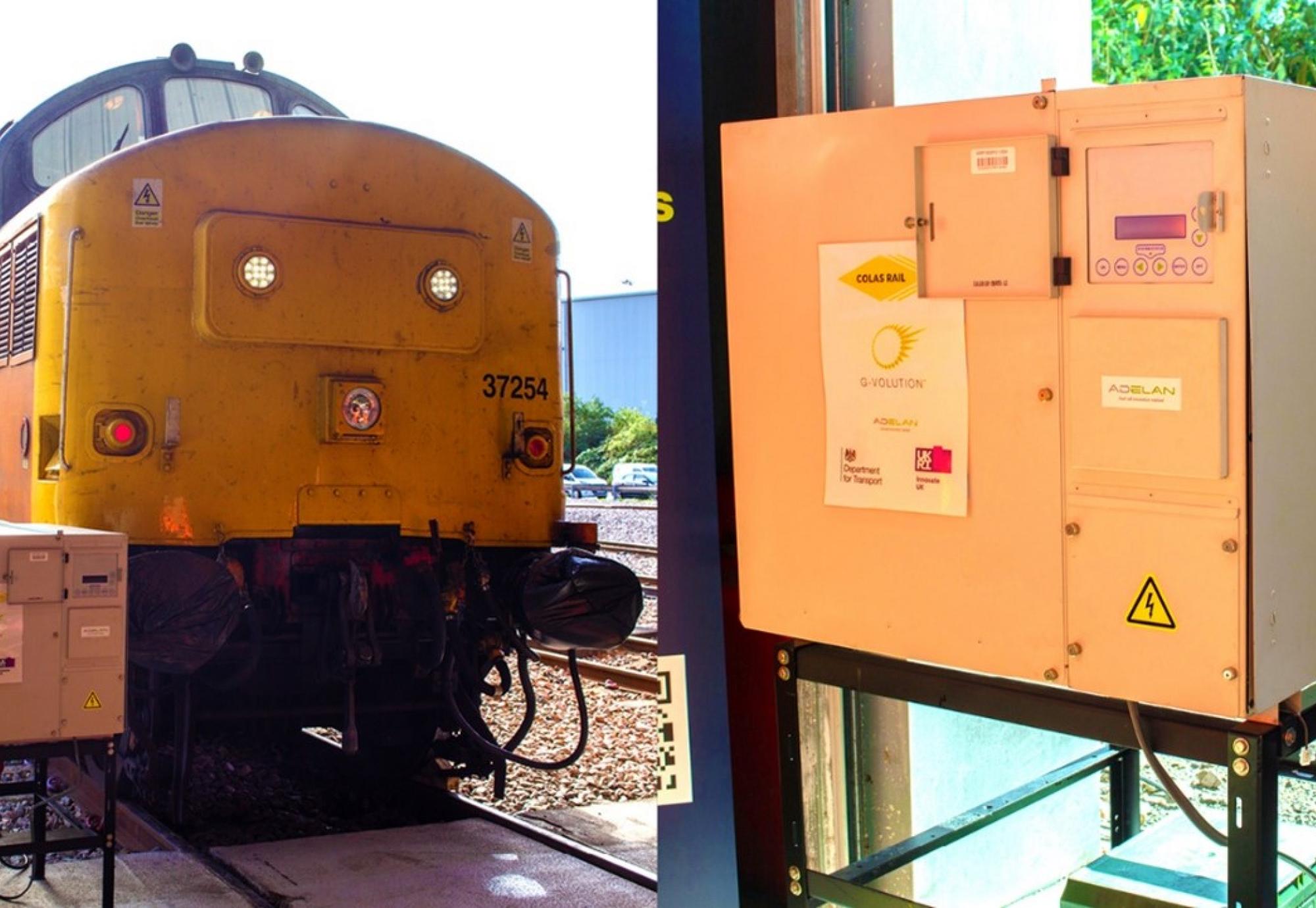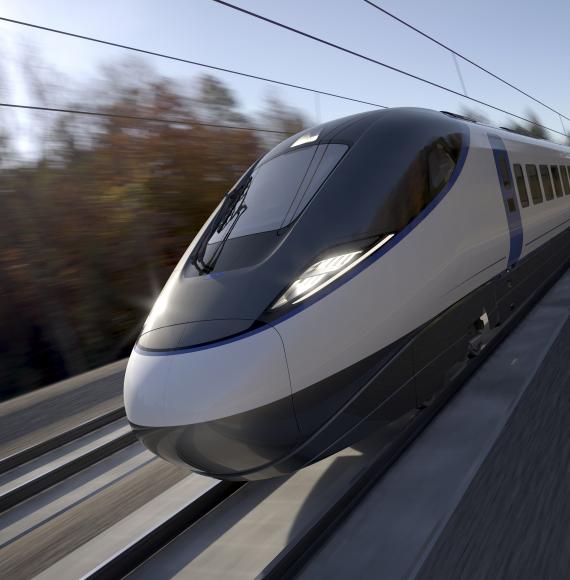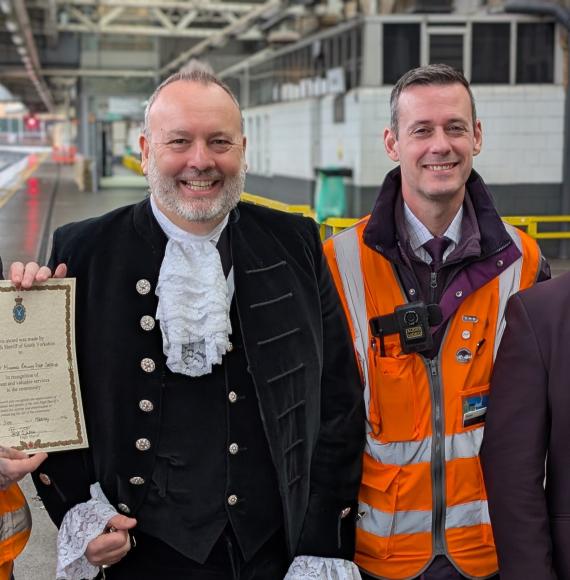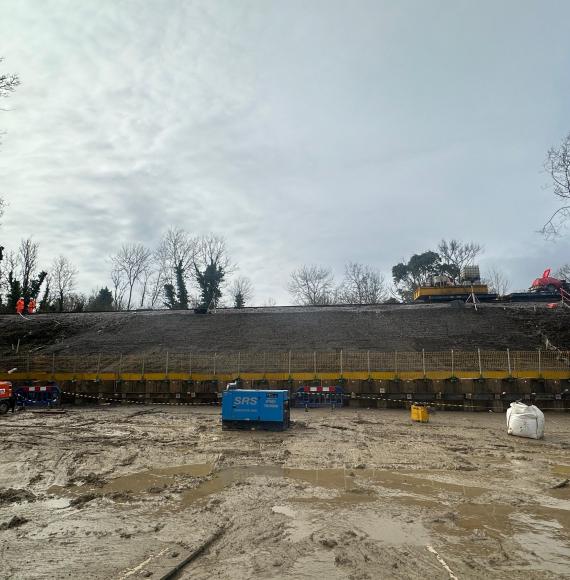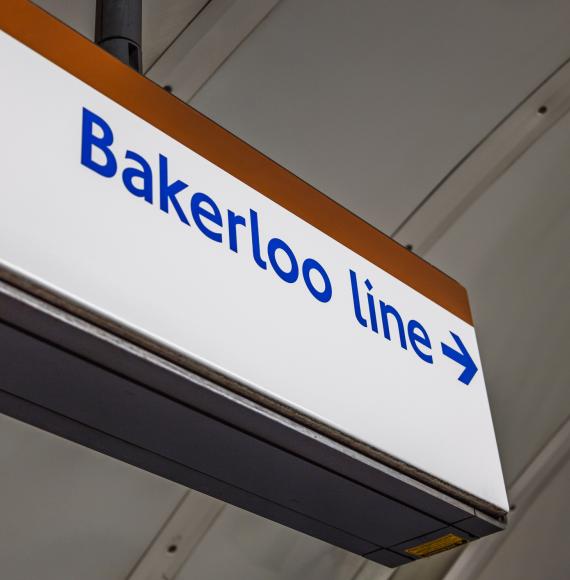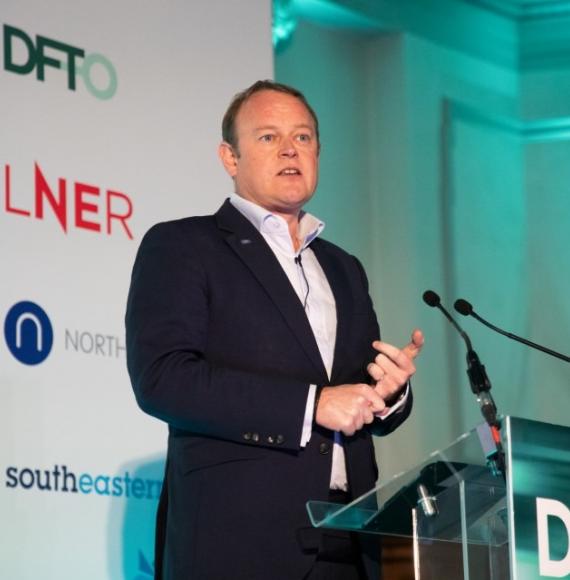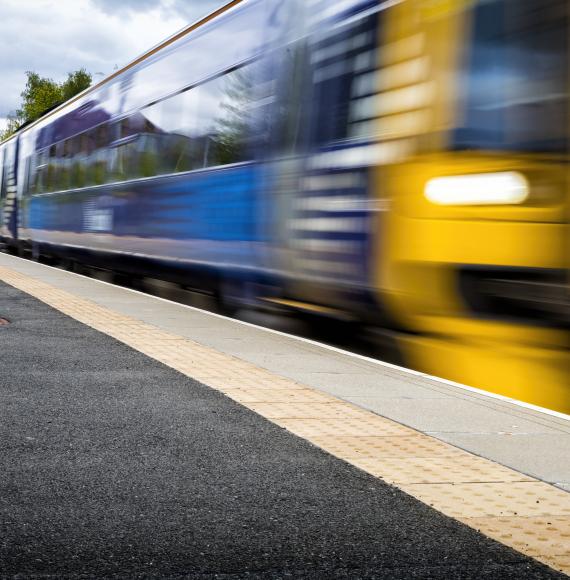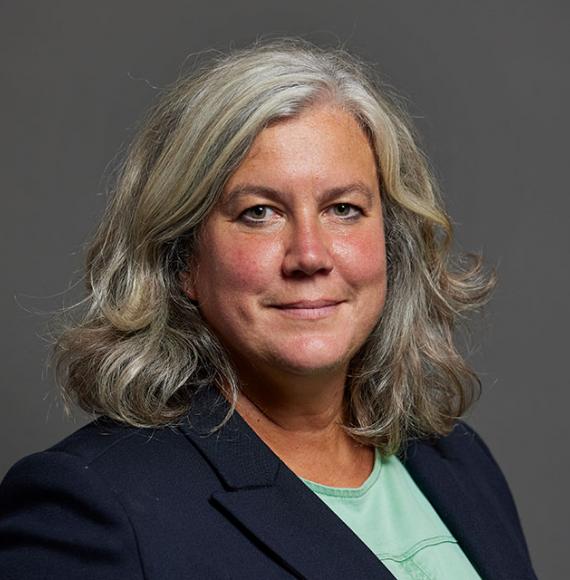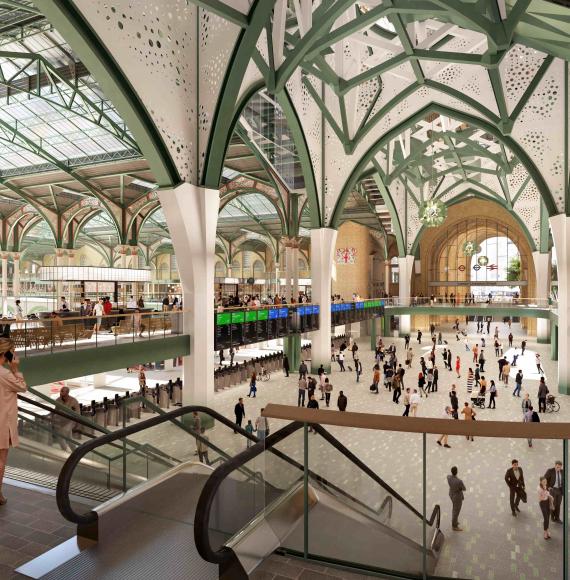Colas Rail UK's Freight Business and G-Volution Ltd have collaborated to decarbonise locomotive operations by using solid oxide fuel cells (SOFC) running on near net zero carbon emission Bio Liquefied Petroleum Gas (Bio LPG) to generate power for auxiliary load.
The majority of locomotives are heavily reliant on diesel and are a major source of carbon emissions. Colas Rail UK was approached by G-Volution to partner with them on a project to install a SOFC into a Class 37 locomotive to power the auxiliary systems.
The proof of concept was successfully showcased at Colas Rail UK's Rugby Depot on September 21, 2023, where over 40 delegates witnessed a demonstration of the SOFC providing power for the exterior and interior lighting of the 37254 locomotive.
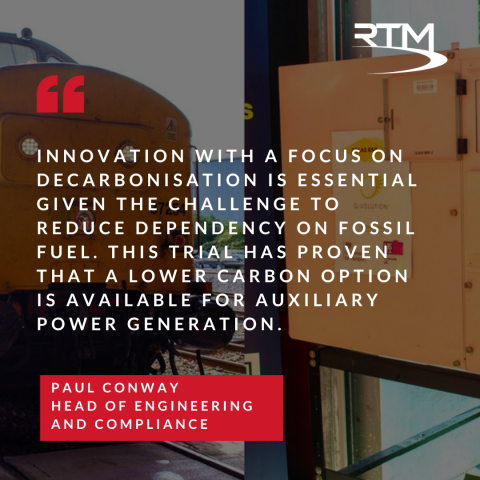
Route simulations by the University of Birmingham using a 35kW SOFC show that for a typical Class 37 operation using two locomotives will save on average 50 tonnes (12%) of CO2e per annum and combined with an average 8% reduction in fuel costs.
Other benefits brought by this approach are improved air quality (zero particulate matter and nitrogen oxides are produced by the SOFC) and significant reduction in noise and engine idling.
“Innovation with a focus on decarbonisation is essential given the challenge to reduce dependency on fossil fuel. This trial has proven that a lower carbon option is available for auxiliary power generation. It’s still early days for this technology but it’s an excellent start and something that Colas Rail Services have been proud to be a part of,” said Paul Conway, Colas Rail UK's head of engineering and compliance.
What is SOFC?
SOFCs are fuel flexible and process Bio-fuels such as Bio-LPG, Bio-LNG and hydrogen and generate electricity.
SOFCs are a type of fuel cell that uses a solid electrolyte to convert the chemical energy of a fuel into electrical energy. They are highly efficient and can produce electricity from a wide range of fuels, including natural gas, biogas, and renewable fuels such as hydrogen and biodiesel.
Image credit: Hope Drew and Adelan Ltd

